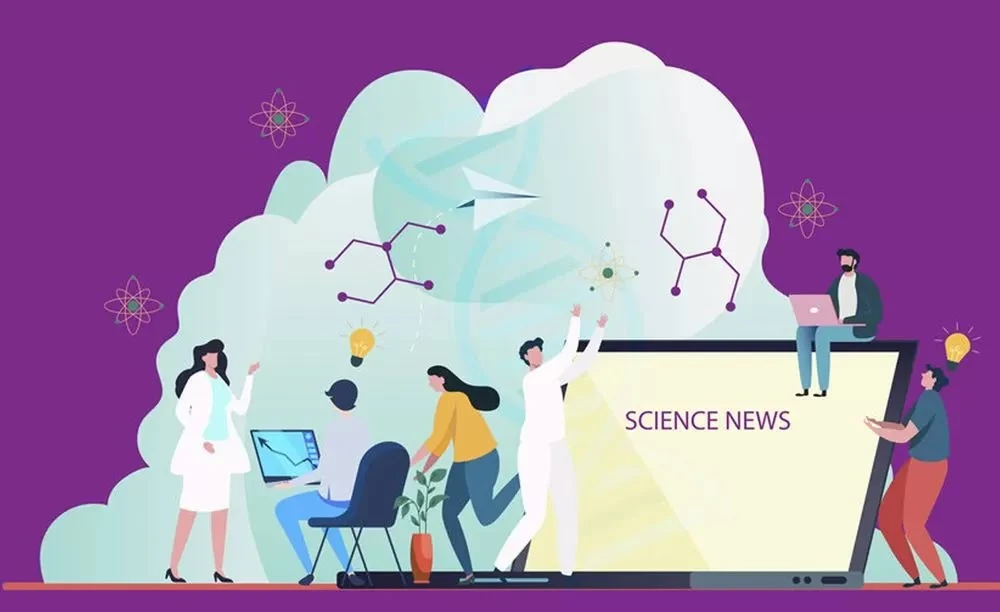

Hands-On STEAM Activities: Engaging Learning for Holistic Development
In the dynamic landscape of education, the integration of hands-on activities into STEAM (Science, Technology, Engineering, Arts, and Mathematics) learning has emerged as a transformative approach. These hands-on experiences not only make learning more engaging but also foster holistic development in students. Let’s explore the significance of hands-on STEAM education activities in cultivating a well-rounded skill set.
1. The Power of Experiential Learning: Unleashing Creativity and Curiosity
Hands-on STEAM activities provide students with experiential learning opportunities, allowing them to move beyond theoretical concepts. By engaging in practical, real-world scenarios, students unleash their creativity and curiosity, developing a deeper understanding of complex concepts through direct experience.
2. Bridging the Gap Between Theory and Application: Real-World Relevance
One of the key advantages of hands-on STEAM activities is their ability to bridge the gap between theoretical knowledge and real-world application. Students can see how scientific principles, mathematical equations, and engineering concepts are applied in tangible, hands-on projects, making the learning experience more relevant and meaningful.
3. Fostering Critical Thinking and Problem-Solving Skills: The STEAM Approach
Hands-on activities inherently encourage critical thinking and problem-solving skills. As students grapple with challenges presented in hands-on projects, they learn to analyze problems, think critically, and devise innovative solutions. This approach aligns with the core principles of STEAM education, emphasizing the integration of multiple disciplines to address complex issues.
4. Enhancing Collaboration and Communication: Teamwork in Action
Many hands-on STEAM activities involve collaborative projects, requiring students to work together to achieve common goals. In this context, students develop essential teamwork and communication skills. Learning to collaborate effectively prepares students for the collaborative nature of many professional environments, where diverse skills must come together for success.
5. Inspiring Lifelong Learning: A Foundation for Continued Exploration
Engaging in hands-on STEAM activities instills a passion for lifelong learning. As students actively participate in the learning process, they develop a love for exploration and discovery. This foundation of curiosity becomes a driving force for continued learning, encouraging students to pursue further studies and careers in STEAM-related fields.
6. Adapting to Different Learning Styles: Customizing Education
Hands-on activities cater to diverse learning styles, providing a more inclusive educational experience. Some students may thrive in a hands-on, kinesthetic learning environment, and incorporating such activities allows educators to customize their teaching methods to accommodate varied learning preferences, ensuring that every student has the opportunity to succeed.
7. Integrating Technology: A Modern Approach to Hands-On Learning
In the digital age, hands-on STEAM activities often involve the integration of technology. From robotics projects to virtual simulations, technology enhances the hands-on learning experience, preparing students for the technologically advanced landscapes of modern industries. This integration aligns with the evolving nature of education in the 21st century.
To explore a variety of Hands-On STEAM Education Activities, visit www.socialfacepalm.com. Here, educators can discover innovative ideas and resources to implement engaging hands-on activities in their classrooms, promoting a holistic approach to STEAM education.
In conclusion, hands-on STEAM activities play a pivotal role in transforming education into a dynamic and immersive experience. By fostering experiential learning, bridging the gap between theory and application, and promoting essential skills like critical thinking and collaboration, these activities contribute to the holistic development of students, preparing them for success in a rapidly evolving world.








